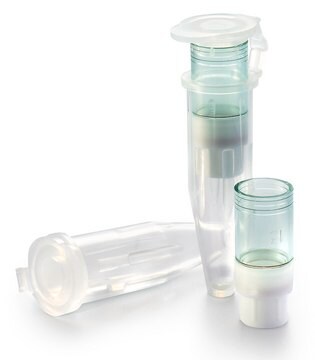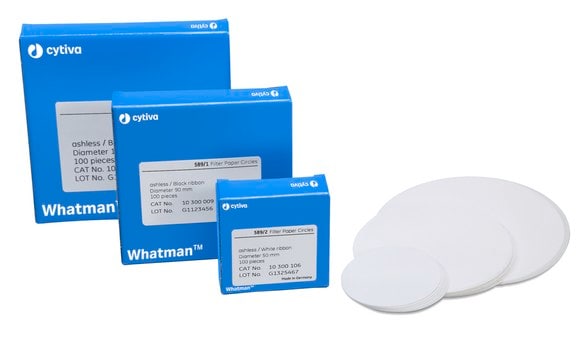RAB0091
Human Adipsin / Factor D ELISA Kit
for serum, plasma, cell culture supernatant and urine
Sign Into View Organizational & Contract Pricing
All Photos(2)
About This Item
UNSPSC Code:
41116158
NACRES:
NA.32
Recommended Products
species reactivity
human
packaging
kit of 96 wells (12 strips x 8 wells)
technique(s)
ELISA: suitable
capture ELISA: suitable
input
sample type serum
sample type cell culture supernatant(s)
sample type plasma
sample type urine
assay range
inter-assay cv: <12%
intra-assay cv: <10%
sensitivity: 4 pg/mL
standard curve range: 8.23-6000 pg/mL
detection method
colorimetric
shipped in
wet ice
storage temp.
−20°C
Gene Information
human ... CFD(1675)
General description
The Human Adipsin/Factor D ELISA (Enzyme-Linked Immunosorbent Assay) kit is an in vitro enzyme-linked immunosorbent assay for the quantitative measurement of human Adipsin in serum, plasma, cell culture supernatants and urine.
Immunogen
Recombinant Human Adipsin
Application
For research use only. Not for use in diagnostic procedures.
Please refer to the attached General ELISA KIT Procedure (sandwich, competitive & Indirect ELISA)
Please refer to the attached General ELISA KIT Procedure (sandwich, competitive & Indirect ELISA)
Other Notes
A sample Certificate of Analysis is available for this product.
Please type the word sample in the text box provided for lot number.
Please type the word sample in the text box provided for lot number.
Kit Components Also Available Separately
Product No.
Description
SDS
signalword
Warning
hcodes
pcodes
Hazard Classifications
Met. Corr. 1
Storage Class
8A - Combustible corrosive hazardous materials
Choose from one of the most recent versions:
Already Own This Product?
Find documentation for the products that you have recently purchased in the Document Library.
Nader Tarabeih et al.
Diagnostics (Basel, Switzerland), 10(10) (2020-10-15)
Musculoskeletal pain (MSP), specifically low back pain (LBP), is often associated with several adipose tissue-derived cytokines (adipokines) and body composition, but their correlations with the LBP-related disability/severity phenotypes remain poorly understood. In this cross-sectional study, two self-reported validated questionnaires were
Our team of scientists has experience in all areas of research including Life Science, Material Science, Chemical Synthesis, Chromatography, Analytical and many others.
Contact Technical Service









